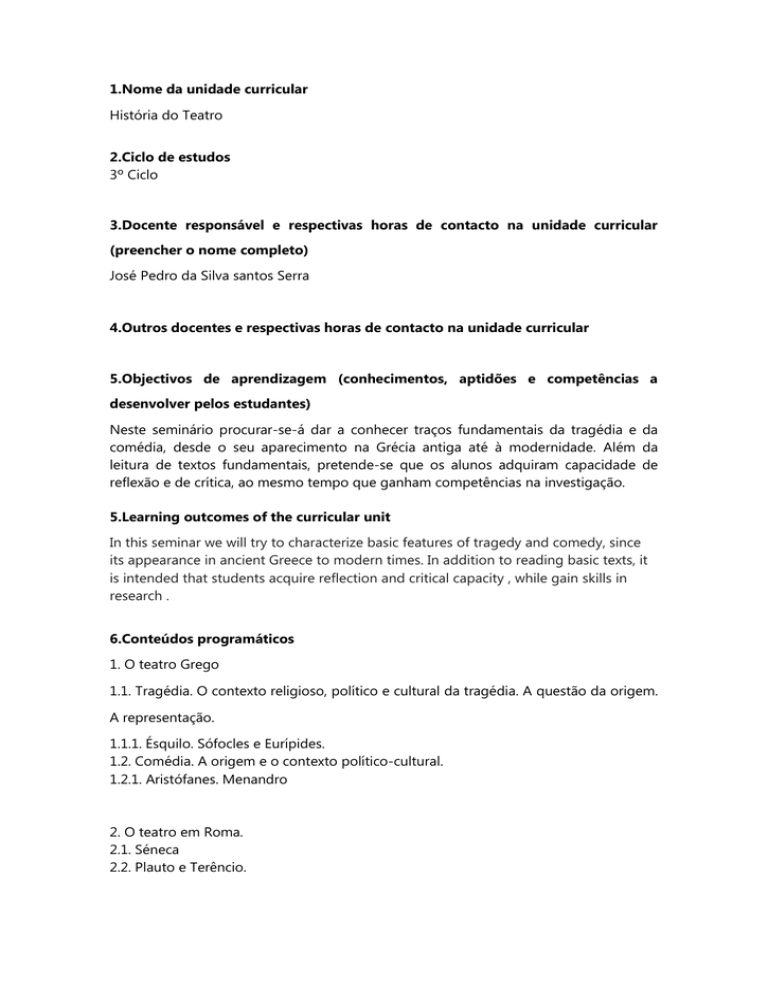
1.Nome da unidade curricular
História do Teatro
2.Ciclo de estudos
3º Ciclo
3.Docente responsável e respectivas horas de contacto na unidade curricular
(preencher o nome completo)
José Pedro da Silva santos Serra
4.Outros docentes e respectivas horas de contacto na unidade curricular
5.Objectivos de aprendizagem (conhecimentos, aptidões e competências a
desenvolver pelos estudantes)
Neste seminário procurar-se-á dar a conhecer traços fundamentais da tragédia e da
comédia, desde o seu aparecimento na Grécia antiga até à modernidade. Além da
leitura de textos fundamentais, pretende-se que os alunos adquiram capacidade de
reflexão e de crítica, ao mesmo tempo que ganham competências na investigação.
5.Learning outcomes of the curricular unit
In this seminar we will try to characterize basic features of tragedy and comedy, since
its appearance in ancient Greece to modern times. In addition to reading basic texts, it
is intended that students acquire reflection and critical capacity , while gain skills in
research .
6.Conteúdos programáticos
1. O teatro Grego
1.1. Tragédia. O contexto religioso, político e cultural da tragédia. A questão da origem.
A representação.
1.1.1. Ésquilo. Sófocles e Eurípides.
1.2. Comédia. A origem e o contexto político-cultural.
1.2.1. Aristófanes. Menandro
2. O teatro em Roma.
2.1. Séneca
2.2. Plauto e Terêncio.
3. Sobre o trágico e o cómico na antiguidade.
3.1. A Poética de Aristóteles.
3.2. As noções de trágico e de cómico.
4. A recepção da tragédia e da comédia.
6.Syllabus
1. Greek Theatre
1.1. Tragedy. The religious, political and cultural context of tragedy. The question o f the
birth of tragedy. The performance.
1.1.1. Aeschylus. Sophocles. Euripides..
1.2. The Comedy. The birth of comedy and the religious, political and cultural context.
1.2.1. Aristhofanes. Menander.
2. The Theatre in Rome.
2.1. Seneca
2.2. Plautus e Terence.
3. About the tragic and the comic in Antiquity.
3.1. Aristotle’s Poetics.
3.2.The conceptions of tragic and comic.
4.Reception of tragedy and comedy.
7.Demonstração da coerência dos conteúdos programáticos com os objectivos de
aprendizagem da unidade curricular
O conjunto de textos escolhidos propícia uma reflexão sobre temas centrais da tradição
literária, ao mesmo tempo que possibilita a aquisição de competências na investigação.
7.Demonstration of the syllabus coherence with the curricular unit's objectives
The set of chosen texts improves a deep reflection on central themes of the literary
tradition, while allowing the acquisition of skills in research.
8.Metodologias de ensino (avaliação incluída)
Os seminários terão uma componente teórico-prática. A avaliação terá por base a
participação nas sessões de seminário (20% ) + um trabalho final (60%).
8.Teaching methodologies (including evaluation)
The seminars will have a theoretical and practical component. The evaluation will be
based on participation in seminar sessions (20%) and a final work (80%).
9.Demonstração da coerência das metodologias de ensino com os objectivos de
aprendizagem da unidade curricular
As aulas teórico-práticas, valorizando a intervenção dos alunos, bem como a realização
de um trabalho final constituem a melhor forma de promover a autonomia dos alunos
9.Demonstration of the coherence between the teaching methodologies and the
learning outcomes
The combination of theoretical and practical lessons, valuing the involvement of
students, and the achievement of a final work, is the best way to promote the
autonomy of students. The theoretical and practical lessons, valuing the involvement of
students, and the achievement of a final work is the best way to promote the autonomy
of students
10.Bibliografia
Ésquilo- Persas; Oresteia,
Sófocles – Rei Édipo; Electra
Eurípides – Hipólito; Bacantes
Aristófanes – Nuvens; as aves
Menandro – Díscolo
Séneca – Tiestes; Édipo
Plauto – Anfitrião; Soldado Fanfarrão
Aristóteles - Poética

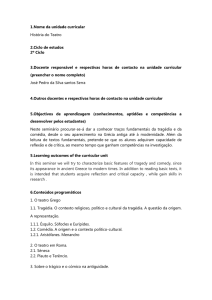
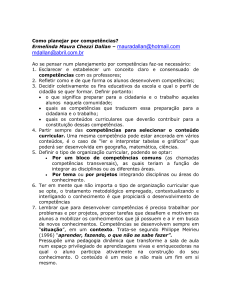
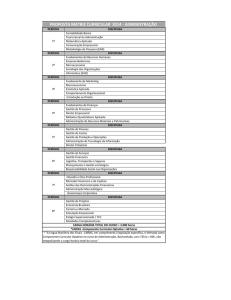
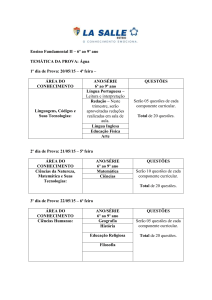
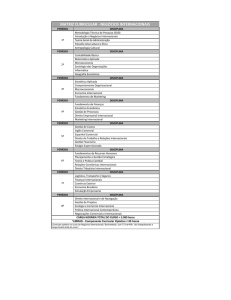
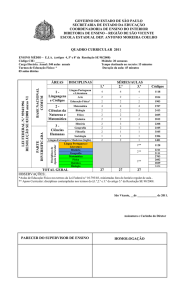
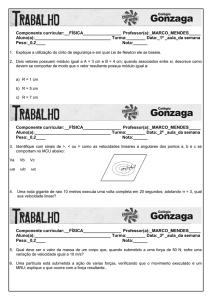
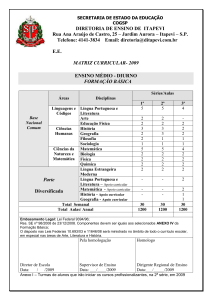
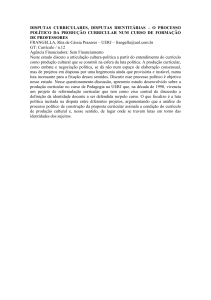
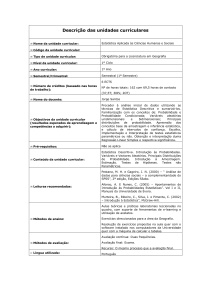
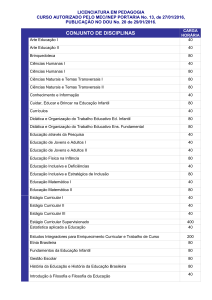
![Seminário [História Antiga]](http://s1.studylibpt.com/store/data/001254899_1-5f51363e7ff1a9132562b4d14bd1112c-300x300.png)